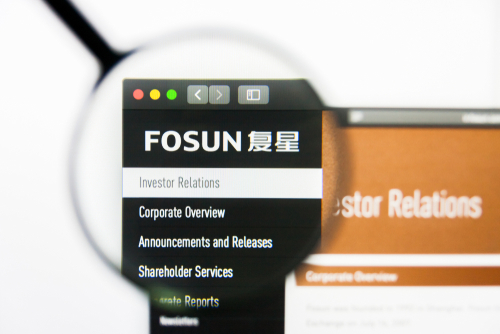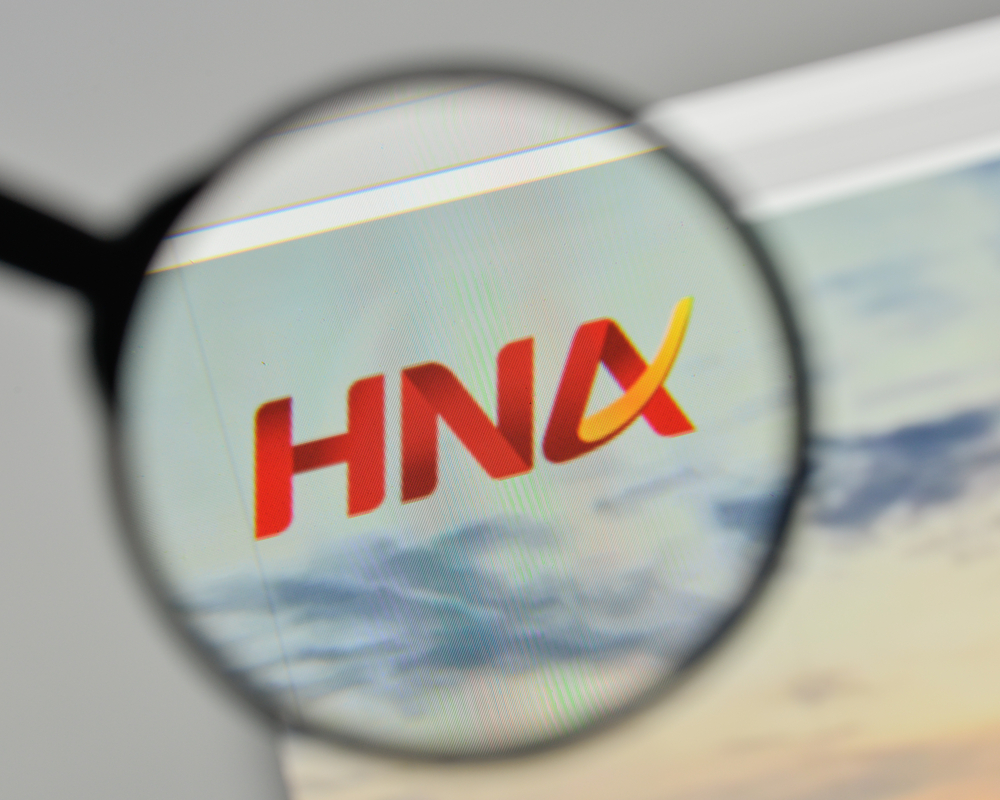This site uses cookies to provide you with a great user experience. By using BondbloX, you accept our use of cookies.
Bond Market News
Fosun Downgraded to BB- by S&P as Dollar Bonds Continue to Inch Lower
September 19, 2022

Chinese conglomerate Fosun International was downgraded to BB- from BB by S&P due to its reducing liquidity buffer. The company is dependent on short-term borrowings amid macroeconomic uncertainty and difficulties in accessing financing via offshore and onshore bond markets. In the past, Fosun had frequently tapped offshore bond markets, however in the past few months, this funding avenue has been practically shut. S&P expects the same to continue for the next two quarters. Fosun has relied heavily on bank loans for refinancing and asset disposal proceeds. As of June 2022, Fosun had cash of RMB 14.3bn ($2bn), insufficient to cover its large debts due – it has RMB 28bn ($4bn) in bonds and a bank loan worth RMB 33bn ($4.7bn) due by June 2023. While the media has reported about a potential syndicate loan of at least RMB 10bn ($1.4bn) which may offer a much-needed boost, S&P notes that the company would still need more refinancing routes to reach a comfortable liquidity buffer. Fosun’s portfolio value fell by 6% in 1H 2022 to RMB 271bn ($38.7bn), due to weak share prices of major investees and asset recycling activities.
Fosun’s dollar bonds have been under pressure since last week after a report mentioned that regulators had asked banks and SOEs to evaluate their exposure to the company. While Fosun has denied these reports, its dollar bonds have continued to fall. Fosun’s 5.95% 2025s were trading 3.86 points lower at 40.64.
For the full story, click here
Go back to Latest bond Market News
Related Posts:








